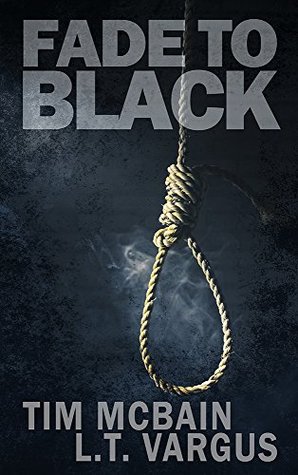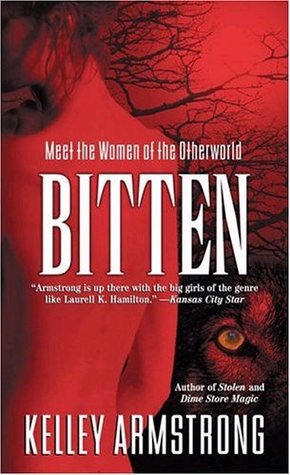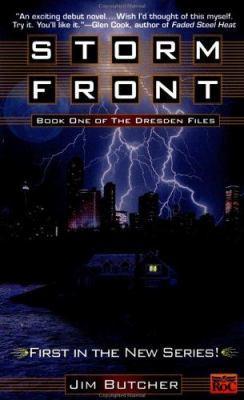
The first task of any book is to make the reader invested in the protagonist. We have to care enough about the person to
want to see how their story plays out.
We have to sympathize with them when they’re hurting, rejoice with them
when their happy, and we have to want them to succeed with whatever task is
placed before them. Unfortunately, none
of that happened in this introduction to Jeff Grobnagger. (By the way, authors, “Grobnagger” is a name
for a drunken frat boy who is inappropriate with the freshman girls. It’s not a good name for a protagonist.)
I find that the main reason I couldn’t like Jeff (I will not be
using that horrid last name throughout the rest of this review) is that Jeff
clearly doesn’t like himself. When you
add together his nonchalant attitude towards danger and death and utter
disregard for his own health and well-being, his use of juvenile and sexist
metaphors and unnecessary use of curse words, his constant avoidance of human interaction
and dramatic proclamations that people use interaction to avoid reality, and
his outright lies about his past (except the part where he admits he would get
drunk every morning in high school), you find yourself wondering if he has a clinical
form of depression, or if he’s just a downright jerk.
Jeff seems to blame his backstory for his attitude towards people
and life in general. However, it takes
far too long for us to find out what that backstory is, and when we do get as
much as he is willing to offer, it doesn’t seem adequate to excuse his behavior. His story is unfortunate, yes – abandonment being
the key component early is his childhood.
However, without any further explanation of how he was treated by the
people who did raise him, it’s impossible to know of his depression was situationally
induced or a genetic predisposition that latched onto his sad story and wouldn’t
let go. Jeff certainly thinks it’s a sad
enough story to excuse his behavior, though why he then thinks he needs to lie
about it is beyond me. He sees himself
as a victim and wonders why people can’t tell, just by looking at him, that he’s
been shattered and broken, and is still vulnerable. He wears shades when he’s out in public, and
hates what he sees in the mirror, or even his reflection in a mud puddle. But his impression of himself doesn’t match
up with how people treat him.
Of course, how people treat him is often with a great deal of reverence,
as he’s supposed to be some special, talented person, able to tap into some
psychic whatever (not really well explained, as half the players think it’s all
hooey anyway). Jeff randomly (or so it
seems) runs into a guy named Glenn, whose daughter has gone missing after
getting involved with the people who are after Jeff. It never makes sense that Glenn would just
happen to be there at the right time, or just happen to start telling Jeff, a
complete stranger, all about the world that his daughter had gotten hooked
into. But Jeff doesn’t seem to find it
odd – probably because he doesn’t spend much time interacting with people and
is unaware that you don’t just do stuff like that. But it doesn’t come as any surprise to the
readers when Glenn turns out, in the last few pages, to be more than he was
passing himself off as. Though I do
wonder why Glenn held back so much information from the very beginning, when he
could have at least clued Jeff into a few things that would have helped him
early on.
A lot of Tarot symbolism is utilized in the book, but no one calls
it that until Glenn explains it to Jeff (just before walking into a portal of
white light that he cut into a concrete wall – don’t know what that was
supposed to be about). Glenn could have
mentioned it when Jeff first told him about his recurring dream, which involved
him hanging upside down from one foot.
That is the classic “Hanged Man” card utilized in most Tarot decks to symbolize
a change in perspective, or an ending of one’s old way of doing things and the
beginning of a new path. To ignore the
inspiration for the symbolism in the book until the very end seems a little
rude. Anyone who knows anything about
Tarot would have to wonder if the symbols are being ripped off, rather than
receiving their proper due.
The ending of the story was a clear cliffhanger meant to encourage
readers to rush out and buy the next installment, but frankly, you couldn’t pay
me to read the next book in this series.
With an unlikable leading man, poor use of metaphors and vernacular, and
symbolism that is tossed about like it was dropped in a food processor, the
story of Jeff BadLastName should quickly fade into obscurity.





